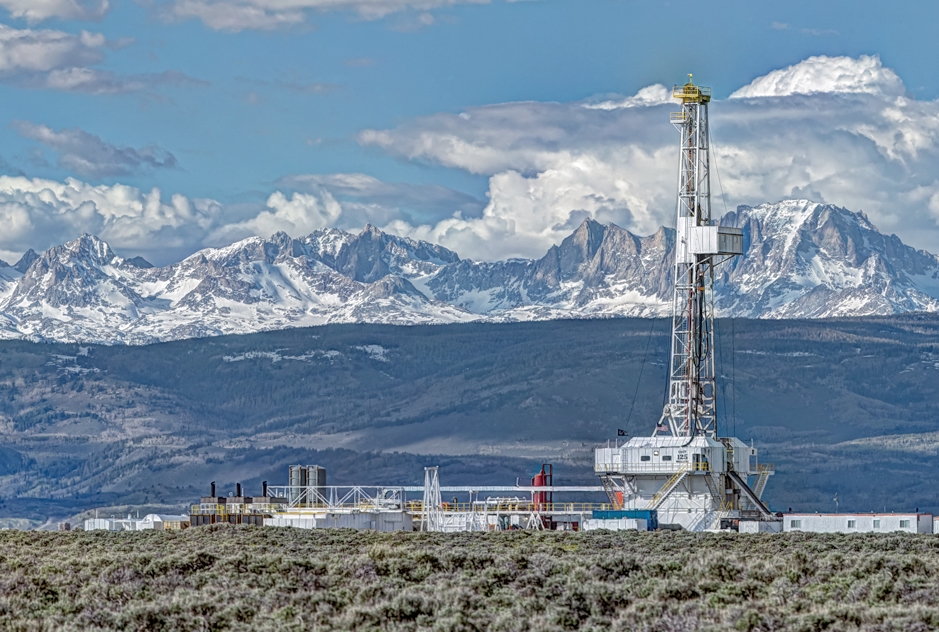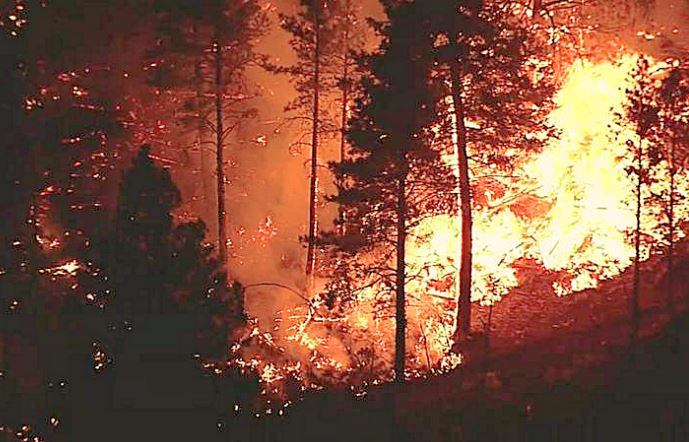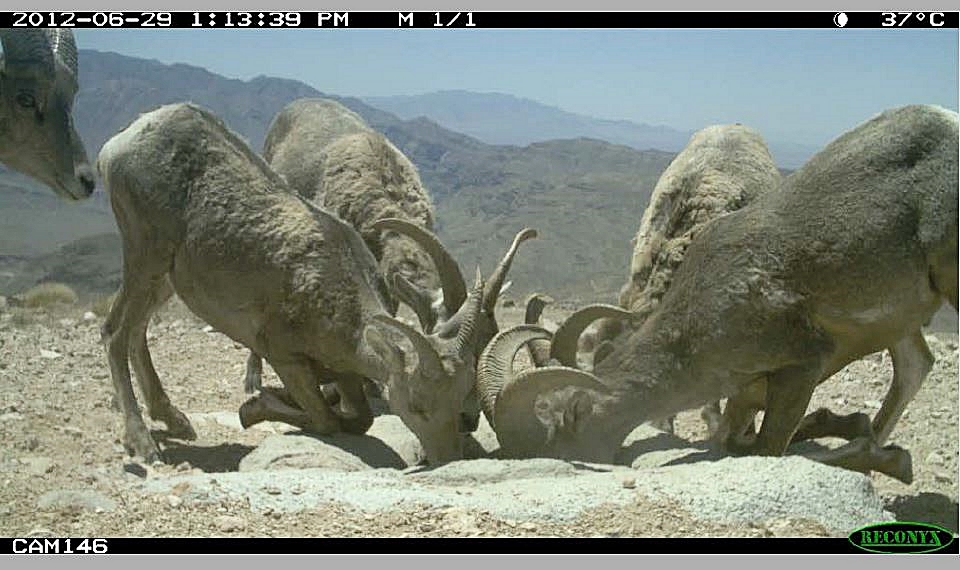Americans will have to pay a hefty price for this needless rule. One analysis predicts it could cost over $1.2 billion a year. Small businesses will feel the brunt of this financial burden. Small oil and gas producers are expected to dish out upwards of $64,000 each year to comply with the rule.
Jeff Stier
The Senate just failed to roll back an Obama-era regulation that will discourage energy production, cost millions of dollars and kill thousands of American jobs.
The rule, issued in the 11th hour of the Obama presidency by the Bureau of Land Management (BLM), was designed to limit already decreasing methane emissions from oil and natural gas wells on federal lands. The Republican-led Senate was expected to kill the regulation before it had a chance to take effect. But instead, three Republicans broke with their party to keep the rule in place.
That move was shocking. Although some speculated Sen. John McCain’s surprise break from his party was to retaliate for the firing of FBI Director James Comey.
McCain stated that undoing the rule, which he called “onerous,” through Senate action would have procedurally restricted the BLM from improving the rule. He added, “I believe that the public interest is best served if the Interior Department issues a new rule to revise and improve the BLM methane rule.”
McCain is only partially right. The BLM overstepped its authority by issuing the rule in the first place. The only federal agency tasked with regulating air quality is the Environmental Protection Agency.
But he’s correct that the rule is onerous. Worse, the environmental impact of the rule is essentially negligible. Methane only accounts for 10 percent of greenhouse gas emissions — and federal lands host only 15 percent of natural gas production. Indeed, the rule would only trim CO2 emissions by less than 1/100th of 1 percent.
What’s more, the industry already has a financial incentive to capture methane emissions — and has been making great strides to reduce them. Between 1990 and 2015, according to the EPA, petroleum-related methane emissions fell more than 28 percent.
But Americans will have to pay a hefty price for this needless rule. One analysis predicts it could cost over $1.2 billion a year. Small businesses will feel the brunt of this financial burden. Small oil and gas producers are expected to dish out upwards of $64,000 each year to comply with the rule.
Some companies — especially those operating a single well — won’t be able to handle such costs and may end up shutting down. In fact, according to consulting firm Environmental Resources Management, the methane rule could wipe out 40 percent of flaring wells on federal lands. When energy firms fold, Americans lose their jobs. Indeed, regulatory constraints oil and natural gas production, like this methane rule, could put 800,000 Americans out of work by 2020.
The rule will also reduce tax revenues. By discouraging natural gas production on federal land, it could pull $114 million out of federal and state coffers.
Western states, which host vast swaths of federal land, are particularly concerned about the rule’s costs.
Utah’s Public Lands Policy Coordinating Office says the rule “gives BLM authority without accountability and lacks proper cooperation with existing state regulatory agencies.”
New Mexico Gov. Susana Martinez maintains that, “Absent a repeal (of the methane rule), funding for New Mexico’s schools, roads and healthcare will be dramatically reduced on account of the reduction in revenue generated by the oil and gas industry.”
Her concern is warranted. New Mexico, which has energy development to thank for 30 percent of its state budget, could see 70 percent of its northwestern wells shut down.
In Rio Blanco, Colorado, where 85 percent of revenue is powered by oil and gas, market constraints on energy production have recently caused a 30 percent revenue dip. The methane rule will only worsen this financial blow.
All told, the methane rule could cost western America $9 million in economic output, royalties and wages.
Luckily, Kate MacGregor, the Interior Department’s Acting Secretary, has stated that the agency is working to “suspend, revise, or rescind” the rule altogether.
It should. Doing away with the methane rule will protect American jobs and energy production. The sooner the Interior Department corrects the Senate’s mistake, the better.
Free Range Report
[wp_ad_camp_3]



